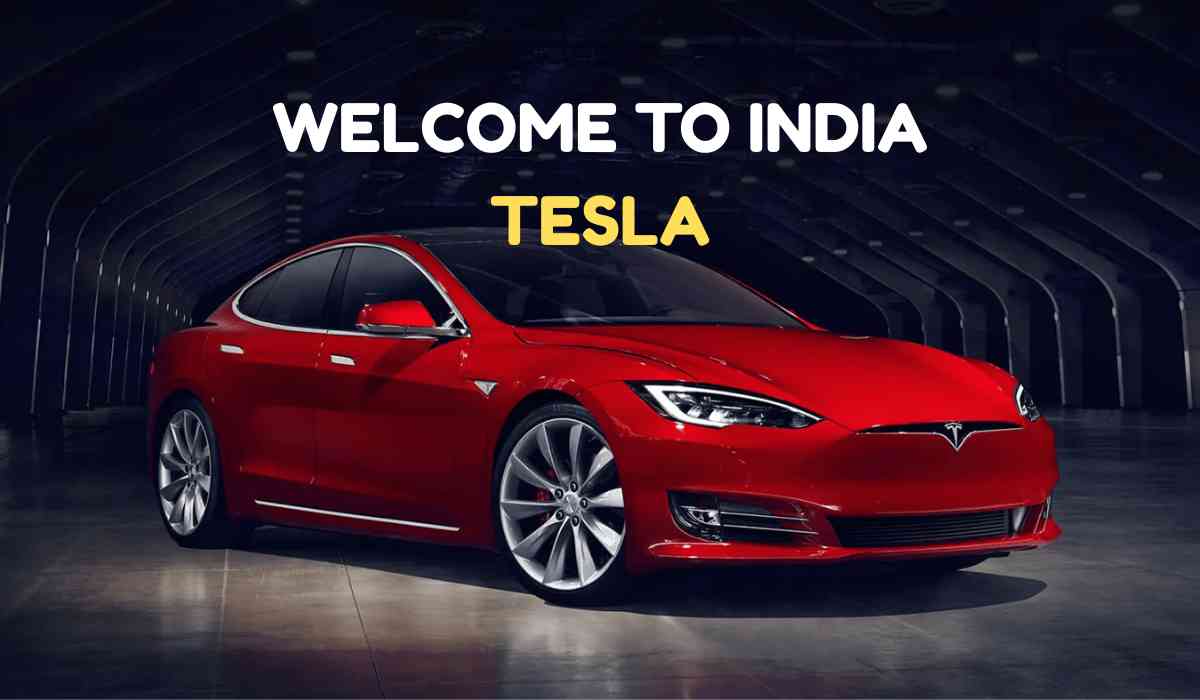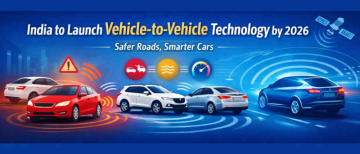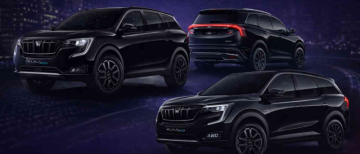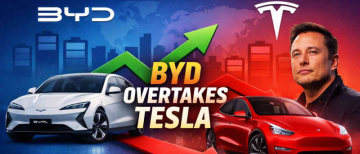The long-awaited arrival of Elon Musk’s Tesla in India is finally taking shape, as the world’s most iconic electric vehicle (EV) maker is set to inaugurate its first showroom in Mumbai on July 15. With this move, Tesla signals a powerful entry into the world’s third-largest automotive market, following years of negotiations, speculation, and policy hurdles. As India positions itself as a global EV hub, Tesla’s footprint could not only transform the consumer landscape but also influence the country's entire mobility ecosystem.
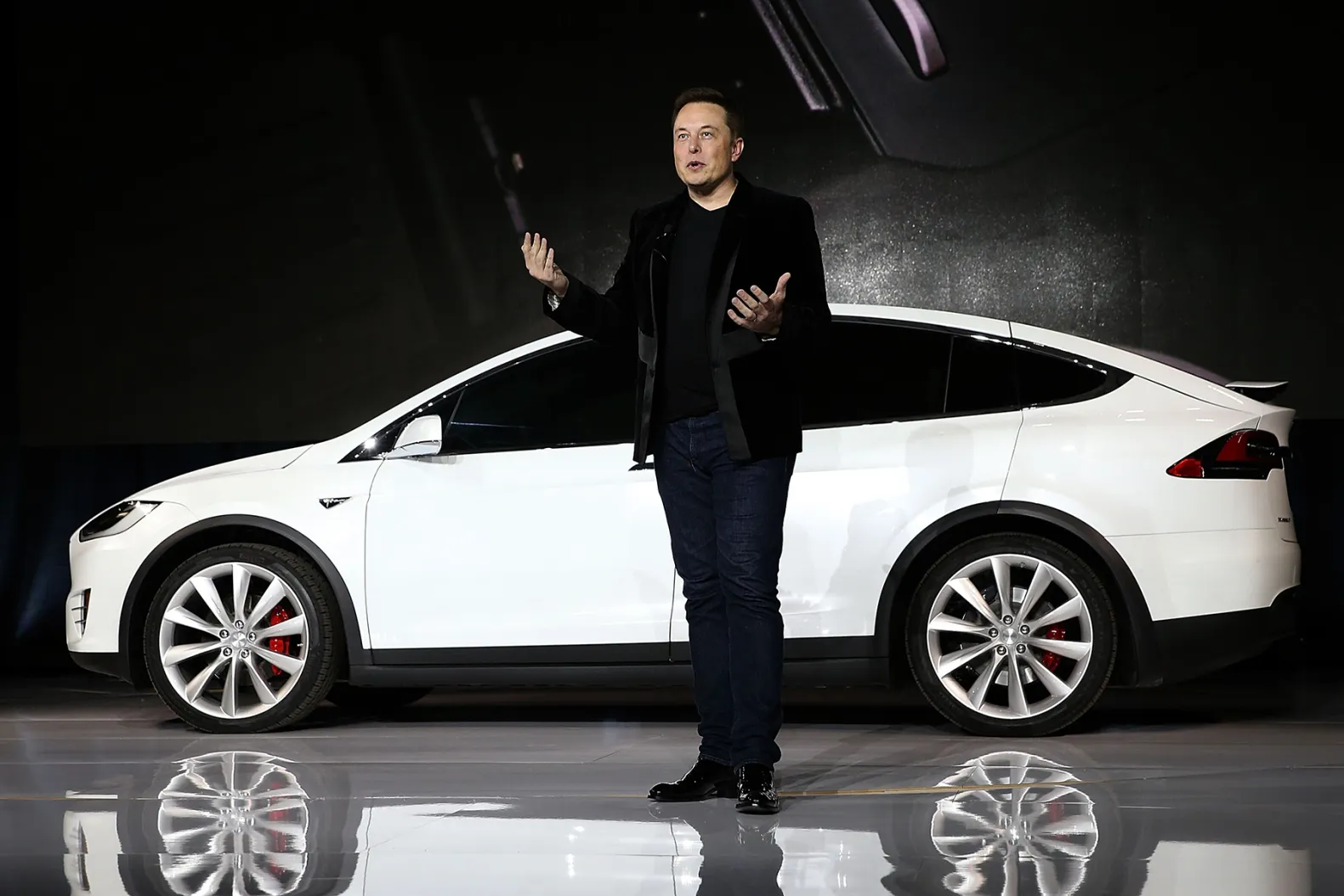
Tesla’s First Showroom: The Experience Centre in Mumbai
Tesla’s Indian debut will officially kick off with the opening of its first retail outlet — an experience centre — in Bandra Kurla Complex (BKC), Mumbai, on July 15. This marks Tesla’s first operational presence in India, although plans for its expansion have been in motion for several months.
Tesla had previously finalized a lease agreement for the Mumbai showroom in March, and it has been ramping up hiring across its retail, charging infrastructure, and policy divisions ever since. Another showroom is expected to follow in Delhi-NCR, as Tesla aims to establish a strong urban presence in key Indian metros.
The Mumbai experience centre will not only showcase Tesla’s technology and innovation but also serve as a touchpoint for consumers to interact with its vehicles — a critical step in a market where brand awareness and trust-building remain pivotal.
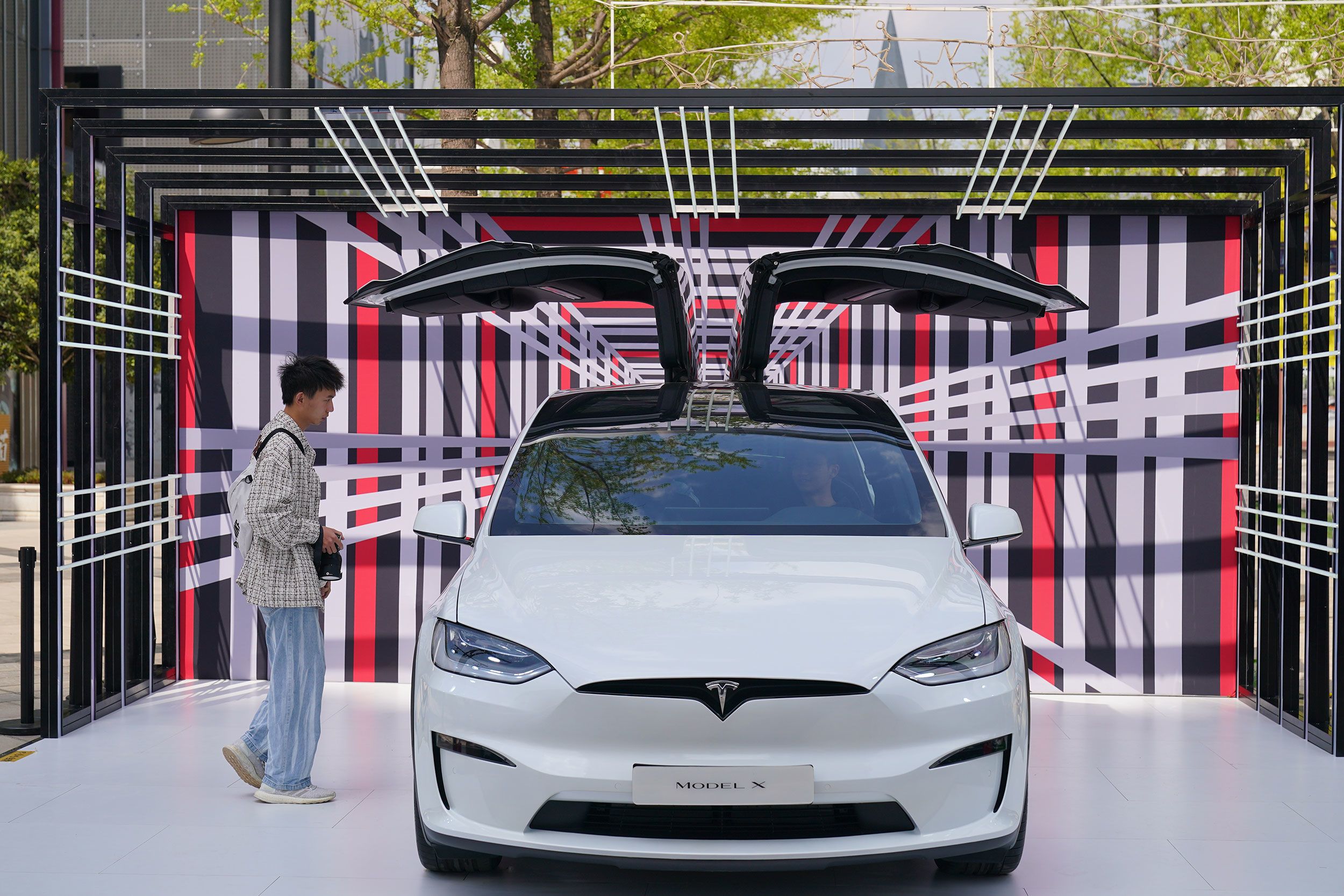
Model Y: The Flagbearer for Tesla in India
Leading Tesla’s India lineup will be the Model Y Rear-Wheel Drive SUV, which currently ranks as the world’s most popular electric vehicle. The initial batch of five Model Y units has already landed in Mumbai, having been shipped from Tesla’s Shanghai gigafactory.
Each of these vehicles was declared at ₹27.7 lakh (~$31,988) and attracted import duties exceeding ₹21 lakh, consistent with India’s 70% tariff on fully-built imported EVs priced under $40,000. With added surcharges, the final retail price for the Model Y in India is expected to exceed $56,000 (approx ₹46-47 lakh) — a significant jump from its $44,990 base price in the US, or $37,490 after tax credits.
This pricing reflects Tesla’s premium positioning, but also highlights a major challenge in the cost-sensitive Indian market, where EV penetration is still around 5% of total vehicle sales, and premium vehicles make up less than 2%.
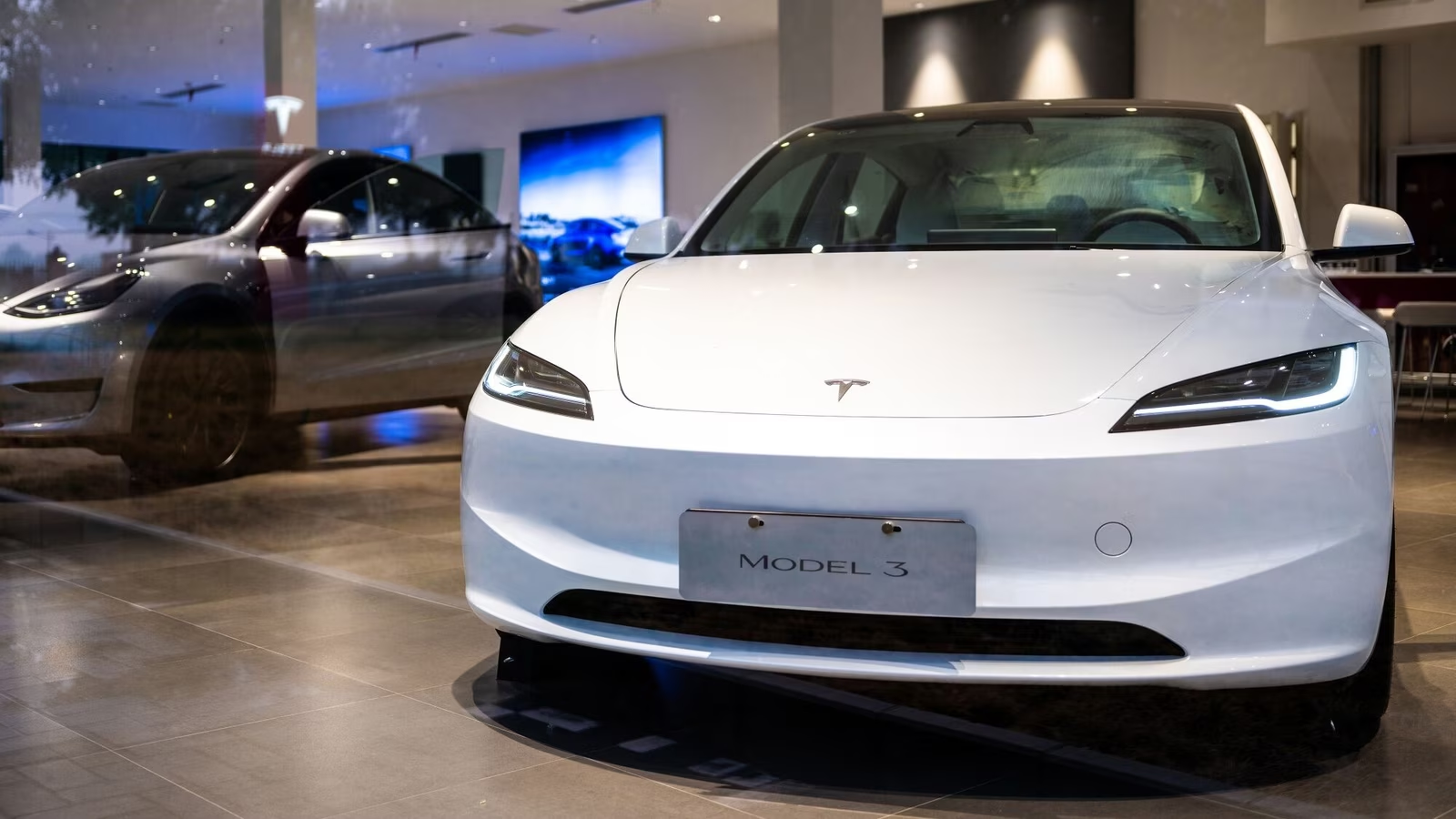
No ‘Make in India’ Yet
Despite the buzz around Tesla’s entry, the company has not committed to local manufacturing in India — at least for now. Union Minister for Heavy Industries HD Kumaraswamy confirmed that Tesla’s current interest lies strictly in opening showrooms and importing vehicles, not setting up production units.
This is not without controversy. US political figures, including former President Donald Trump, have criticized Tesla’s consideration of manufacturing abroad, including in India. Domestically, Tesla has shown limited engagement in India’s Scheme to Promote Manufacturing of Electric Passenger Cars in India (SPMEPCI) — attending initial meetings but skipping later consultations.
This stance stands in contrast with companies like Hyundai, Skoda, Mercedes-Benz, and Kia, which have shown willingness to manufacture EVs locally, taking advantage of India’s policy incentives.
Tesla’s Manufacturing Vision: Shifting Gears?
That said, the tide may turn. Tesla has reportedly proposed a $2–3 billion investment to set up a manufacturing plant in India with a projected capacity of 500,000 vehicles annually. To capture broader market interest, the company also plans to introduce a more affordable model priced between ₹20–25 lakh, significantly below current offerings.
India’s 2024 EV policy could ease Tesla’s entry. It allows global automakers who invest at least $500 million in domestic production to import up to 8,000 vehicles per year at a reduced import duty of 15%. If Tesla avails this route, it could dramatically reduce vehicle costs, expanding access for Indian consumers and improving price competitiveness.
For now, right-hand-drive versions of the Model Y for India may be produced at Tesla’s Berlin factory, until domestic manufacturing becomes feasible.
Tesla’s Strategic Advantages and Hurdles in India
Tesla’s entry into India brings undeniable strengths:
-
Global Brand Appeal: As a pioneer in electric mobility, Tesla enjoys premium brand recognition that few rivals can match.
-
Technological Edge: From over-the-air updates to semi-autonomous driving features and efficient battery systems, Tesla leads in innovation.
-
Direct-to-Consumer Model: By avoiding traditional dealership networks, Tesla can streamline costs and customer experience.
But the road ahead is far from smooth:
-
Import Duties: Until manufacturing starts, high tariffs will keep prices inflated.
-
Regulatory Complexity: India’s policies around foreign investment, compliance, and local sourcing present a bureaucratic maze.
-
EV Infrastructure: Lack of widespread EV charging networks remains a major barrier to adoption.
-
Affordability Gap: Indian consumers prioritize value, and without cost-effective variants, Tesla may remain out of reach for most buyers.
Additionally, domestic players like Tata Motors and Mahindra have already carved a niche in the Indian EV segment. With their deep understanding of local consumer needs, competitive pricing, and growing charging ecosystems, they present formidable competition.
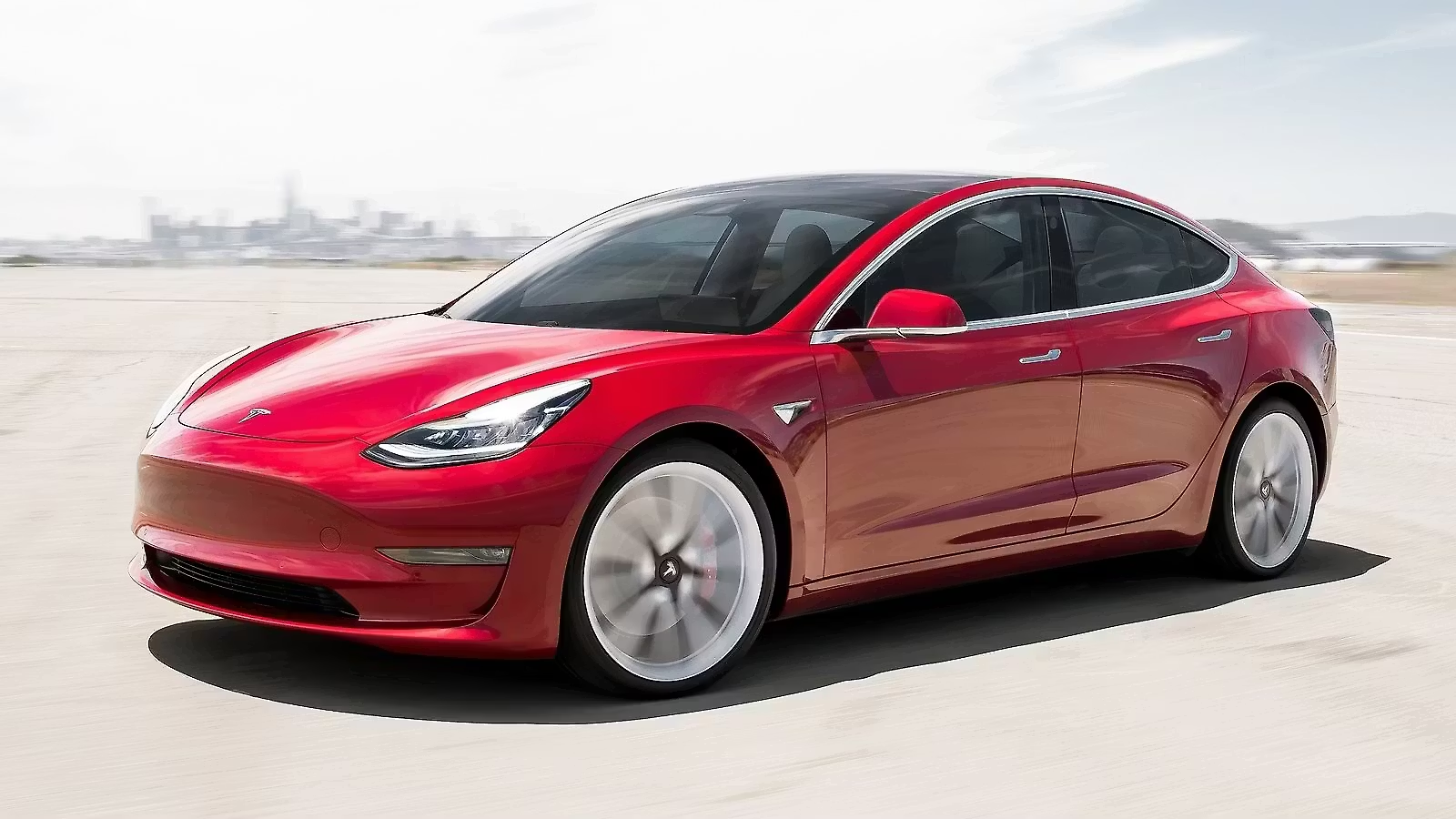
Impact of Tesla’s Entry on the Indian Automotive Industry
Tesla’s arrival in India is not just another company entering the market — it’s a disruptive force that could reshape how vehicles are bought, sold, and perceived in the country.
1. Price Disruption and Policy Influence
Tesla’s strategy of importing vehicles at lower tariffs through policy alignment could pressurize other luxury carmakers to adjust pricing structures or seek similar concessions. In turn, this might spur the Indian government to further refine EV-related policies, accelerating overall EV adoption.
2. Tech Push and Market Innovation
As Tesla brings cutting-edge tech and cleaner mobility options, it may prompt local automakers to accelerate R&D and product development, especially in battery efficiency and vehicle software. This would boost the innovation ecosystem and drive competition.
3. Supply Chain and Employment Growth
Tesla’s potential commitment to local manufacturing would inject capital into India’s automotive supply chain, encouraging the growth of domestic vendors and potentially creating thousands of jobs across sectors like auto components, logistics, and renewable energy.
4. EV Ecosystem Maturity
A major consequence of Tesla’s entry could be the acceleration of India’s EV ecosystem, including charging infrastructure, service networks, and consumer awareness. As Tesla expands its Supercharger footprint, it may incentivize other brands to do the same, resolving one of the biggest hurdles to mass EV adoption.
5. Distribution Model Overhaul
Tesla’s direct-to-consumer sales model could shake up India’s traditional dealership-heavy distribution structure. If successful, this might inspire other manufacturers to adopt similar models — reducing middlemen, improving margins, and enhancing buyer experience.
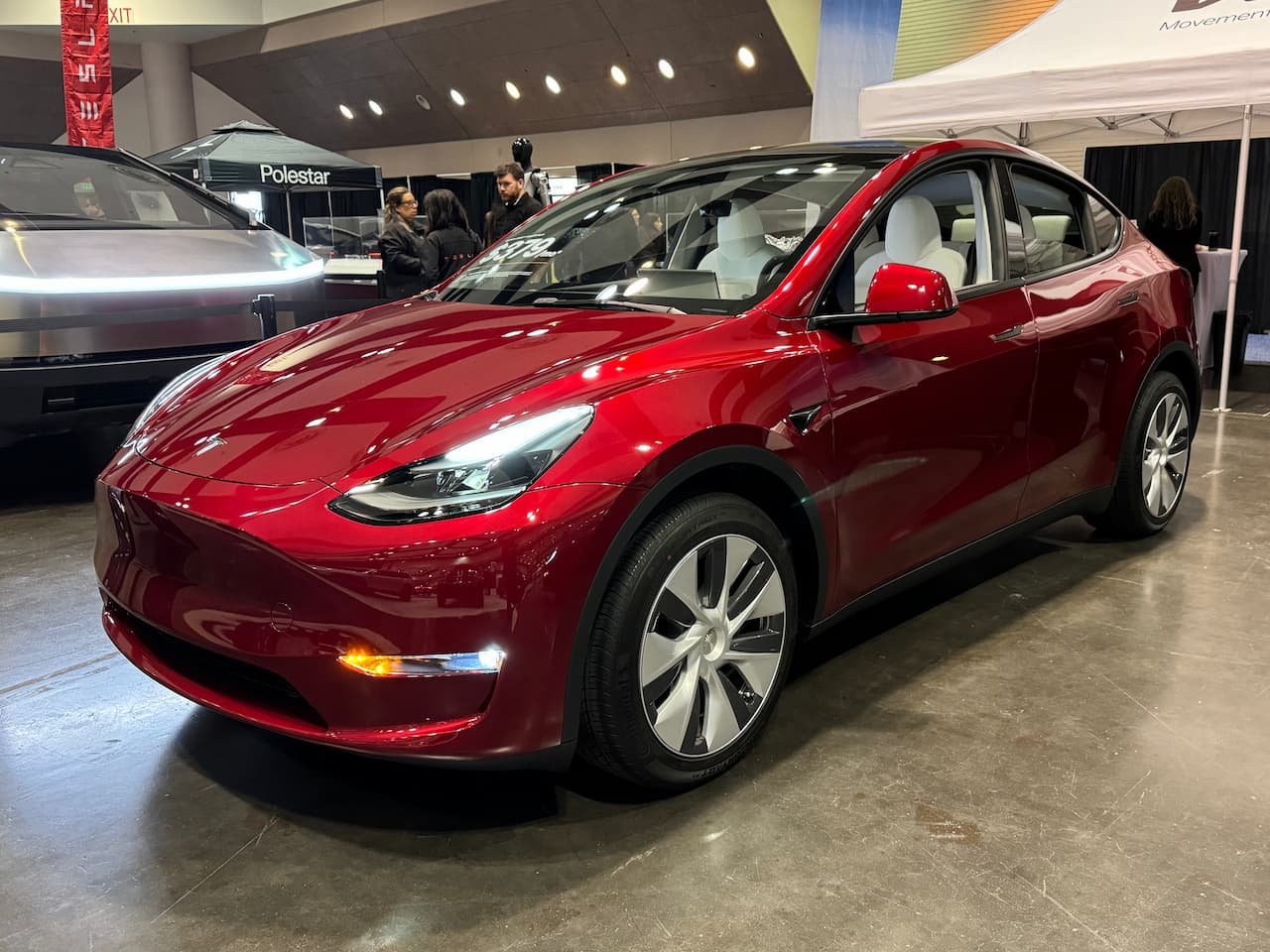
Is Tesla India-Ready or Is India Tesla-Ready?
Tesla’s foray into India represents a pivotal juncture — not just for the company, but for the Indian automotive landscape as a whole. With ambitions for local production, more affordable models, and global best-in-class technology, Tesla could ignite a paradigm shift in how Indians think about mobility.
However, challenges around pricing, infrastructure, and policy remain formidable. The coming months will reveal whether Tesla can successfully localize its strategy for Indian conditions or if it will remain a niche player catering to affluent urbanites.
One thing is clear: Tesla’s entry is not just about selling EVs — it’s about catalyzing a larger transformation toward sustainable, tech-enabled, and globally integrated mobility in India.
With inputs from agencies
Image Source: Multiple agencies
© Copyright 2025. All Rights Reserved Powered by Vygr Media.

